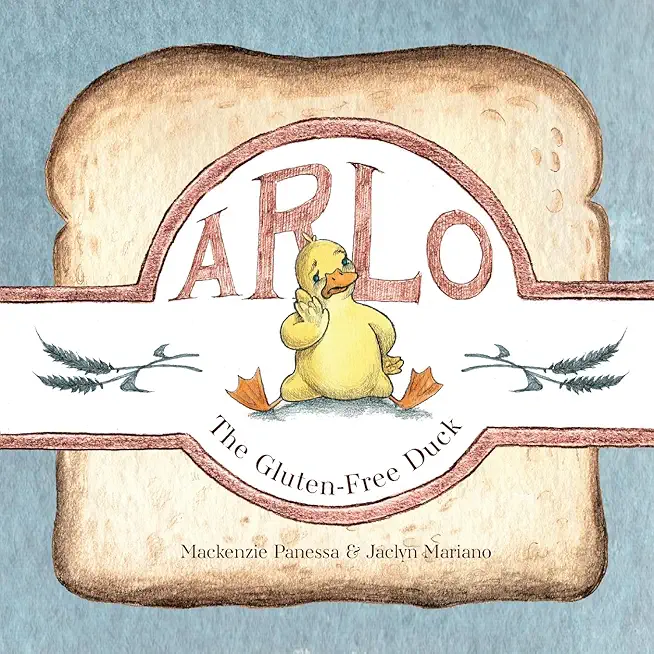
Trom Eayrs, Sonja
product information
description
3Finalist for the 2025 Minnesota Book Award In 2014 Sonja Trom Eayrs's parents filed the first of three lawsuits against Dodge County officials and their neighbors, one of the few avenues available to them to challenge installation of a corporate factory farm near their intergenerational family farm in Dodge County, Minnesota. For years they'd witnessed the now widely known devastation wrought by industrial hog operations--inhumane treatment of animals and people, pollution, the threat of cancer clusters, and more. They'd had enough. They also deeply understood an effect of Big Ag rarely discussed in mainstream media--the hollowing-out of their lifelong farming community and economy in service of the corporate bottom line. In a compelling firsthand account of one family's efforts to stand against corporate takeover, Dodge County, Incorporated tells a story of corporate malfeasance. Starting with the late 1800s, when her Norwegian great-grandfather immigrated to Dodge County, Trom Eayrs tracks the changes to farming over the years that ultimately gave rise to the disembodied corporate control of today's food system. Trom Eayrs argues that far from being an essential or inextricable part of American life, corporatism can and should be fought and curbed, not only for the sake of land, labor, and water but for democracy itself.
member goods
No member items were found under this heading.
Return Policy
All sales are final
Shipping
No special shipping considerations available.
Shipping fees determined at checkout.







